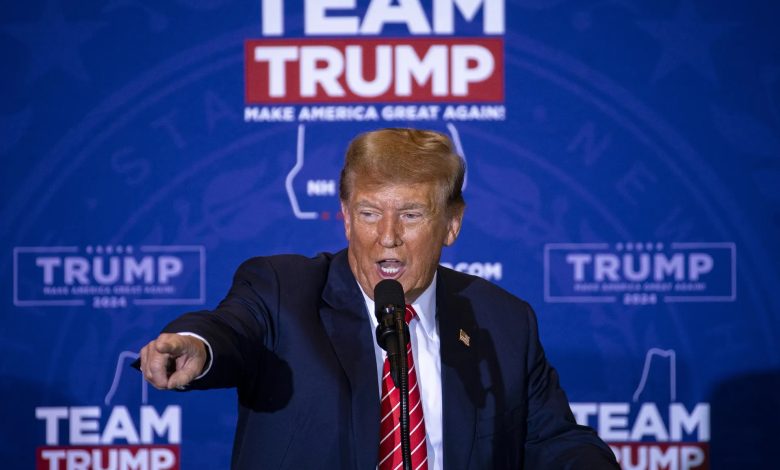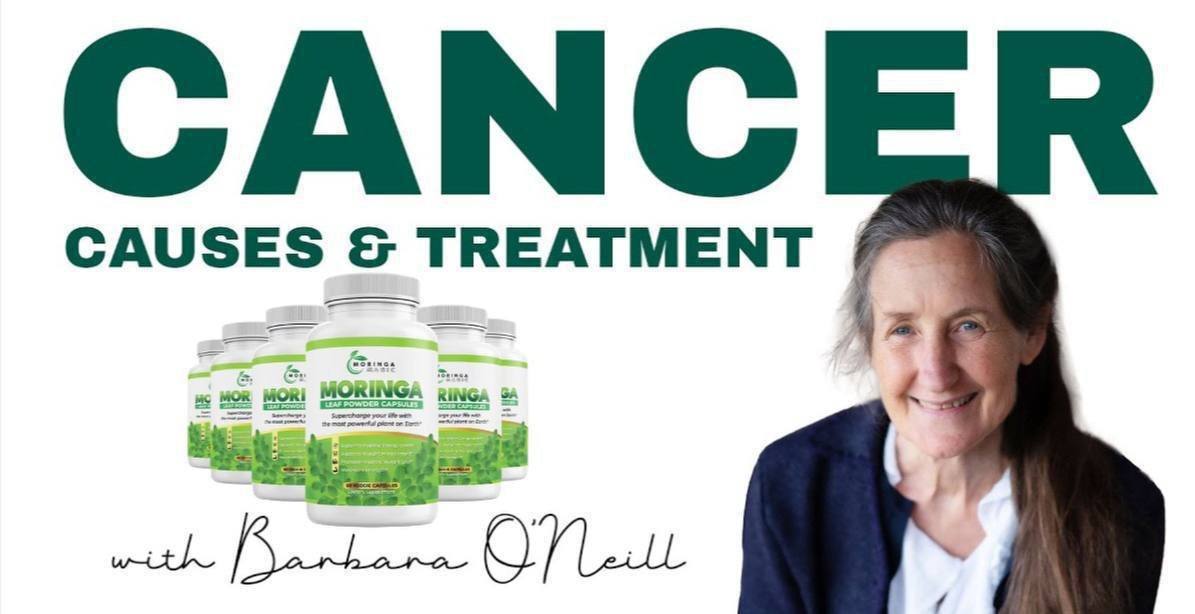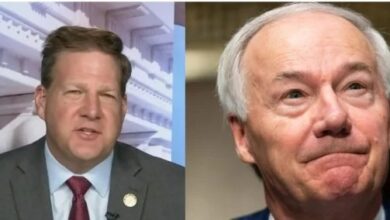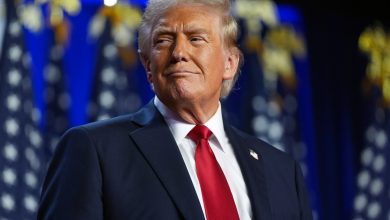These 3 Republicans are Trump’s most likely VP picks

President Trump’s public decision of a vice presidential pick is getting closer with the GOP convention less than a month away, and three contenders have emerged as front-runners for a job that could instantly create a favorite for the 2028 Republican presidential nomination.
Trump allies and sources close to the former president’s orbit said North Dakota Gov. Doug Burgum (R), Sen. JD Vance (R-Ohio) and Sen. Marco Rubio (R-Fla.) are considered the likeliest picks at this point, though a handful of others have received vetting materials and Trump could make a surprise choice.
“I don’t know how it all shakes out, but [I’m] fairly confident it ends up being one of those three,” one Trump ally told The Hill.
Trump told reporters in Philadelphia over the weekend he had settled on a pick to join him on the Republican ticket in November, but he had yet to tell anyone who it was.
The former president also said his choice for vice president would be at Thursday’s debate with President Biden. Burgum, Rubio and Vance, as well as several other GOP lawmakers, are all expected to attend a fundraiser with Trump in Atlanta following the debate.
“As President Trump has said himself, the top criteria in selecting a Vice President is a strong leader who will make a great President for eight years after his next four-year term concludes,” Trump campaign senior adviser Brian Hughes said in a statement. “But anyone telling you they know who or when President Trump will choose his VP is lying unless that person is named Donald J. Trump.”
The intrigue around Trump’s running mate selection process has been a favorite parlor game in Washington amid a primary season that was devoid of drama as Trump dominated from the start of the race. The former president has teased out the selection process for months, dropping hints about who is on his shortlist and when he might make the selection public.
Trump has suggested he could announce his running mate at the Republican National Convention in Milwaukee next month, but strategists and those in Trump’s orbit said the timing remains fluid and he could reveal his pick in early July before the GOP gathering.
The search has narrowed in on Burgum, Vance and Rubio, each of whom bring different strengths to the ticket and have different groups lobbying for or against them. None of the three are from states expected to be battlegrounds in November.
Burgum and Vance have been ubiquitous in recent months, appearing on television to defend Trump, attending his criminal trial in New York City last month, attending fundraisers with the former president and appearing at his rallies.
Burgum, lesser known nationally, has deep pockets and a similar trajectory to Trump of going from the business world to the political arena. Trump and his team like that Burgum is a disciplined messenger who won’t overshadow or upstage the former president. Trump and Burgum also get along well personally, sources told The Hill.
Burgum is more of a traditional conservative and may not excite Trump’s base or win over more moderate voters, however. That could hurt the governor’s chances if Trump is weighing who could carry the MAGA flag for the party in 2028.
Vance, by comparison, is widely viewed as a face of the next generation of the America First movement. The senator, who is 39, has traveled with Trump to fundraisers in California and Ohio in recent weeks. He also has a strong advocate for his case in Donald Trump Jr.
The senator has been open about his previous criticism of Trump during the 2016 cycle, something Fox News highlighted during a recent appearance on the network. And Trump may prefer to have Vance as a leading voice in the Senate if he’s reelected.
Then there’s Rubio, the onetime rival who traded schoolyard taunts with Trump in 2016 but has since developed a working relationship with the former president. Rubio, who aided Trump with debate preparations, would likely appeal to more moderate Republicans still skeptical of Trump, as well as to some minority voters.
But Rubio has not been as aggressive as others in making his desire for the job known. And the senator would need to relocate if he joins the ticket because of constitutional requirements around candidates on a ticket hailing from the same state.
The Trump campaign also sent vetting materials to Sen. Tim Scott (R-S.C.), Rep. Elise Stefanik (R-N.Y.), Rep. Byron Donalds (R-Fla.) and former Housing and Urban Development Secretary Ben Carson. But those individuals have faded into the second tier of potential running mates being considered.
Regardless of who Trump chooses, there is some skepticism from both sides of the aisle that it will play a meaningful role in the outcome of November’s election.
Trump has downplayed the impact of the pick, saying at a Fox News town hall event in February, “The one thing that always surprises me is that the VP choice has absolutely no impact. It’s whoever the president is, it just seems.”
Democrats have similarly sought to keep the spotlight on Trump, arguing whoever joins him on the ticket will echo the same policies as the former president on the economy, climate and reproductive rights.
“Without knowing that person’s name, we already know it’s someone who wants to ban abortion,” Vice President Harris said Monday in Maryland. “Every person on his shortlist either supported a ban in their states or supported a national ban.”



